Private enterprise development from the perspective of land access
Perhaps nothing is more realistic in institutionalizing the contents of Resolution 68 than approaching the perspective of land use by private enterprises. The 2024 Provincial Competitiveness Report PCI recently released by the Vietnam Confederation of Commerce and Industry (VCCI) shows that up to 67% of enterprises have delayed or canceled their business plans due to difficulties in carrying out administrative procedures related to land - a very sobering figure.
It is no coincidence that an economic expert of VCCI, Mr. Dau Anh Tuan, chose the long-standing issue of land access for private enterprises to refer to Resolution 68.
According to Mr. Dau Anh Tuan, there are currently too many documents regulating an activity such as land use with 12 laws, more than 20 decrees and circulars. Along with that are constantly changing regulations (authority to approve investment policies); the way regulations are designed is difficult to look up (criteria for determining investment projects, thereby determining management measures).
“ Especially, it is not possible to determine the exact number of days or time for the investor to start implementing the project. In reality, it takes 18-24 months at the earliest, and 2-3 years or more at the longest, ” Mr. Dau Anh Tuan acknowledged.
Along with that, the capacity to enforce local regulations is also a worrying factor. Some cases such as implementing the land agreement mechanism are proving to be unfeasible without State intervention.
Therefore, in institutionalizing the contents of Resolution 68 on land use, Mr. Tuan proposed solutions. One is to develop general guidelines on the process of implementing investment projects. Two is to review and resolve conflicts, overlaps, ambiguities, and unreasonable regulations. Three is to improve the implementation capacity of local officials. And finally, to study the expansion of subjects applying special investment procedures.
The future cannot be a prolonged past.
Not going into a specific field like Mr. Dau Anh Tuan, economic expert Tran Dinh Thien emphasized a completely new way of thinking to institutionalize the contents of Resolution 68, which he called "the future does not lie on the extension of the past".
 |
| Private enterprises are identified by Resolution 68 as the most important growth driver of the economy. Illustrative photo |
What Mr. Tran Dinh Thien emphasized here is the need to overcome the old according to the logic of new reforms with connotations such as removing constraints, clearing institutional bottlenecks that are binding and restraining (infrastructure, human resources). State reform needs to go hand in hand with market reform.
At the same time, building a business environment of equality among economic components to move towards what Mr. Thien described as having an economy as an organic and equal whole.
The most important point, according to expert Tran Dinh Thien, is that from now on, the most important thing is not to give incentives but to not discriminate, to ensure freedom of business and fair competition. In particular, no criminalization, minimizing inspections and audits; no retroactive actions that are disadvantageous to businesses. Switching from "pre-inspection" to "post-inspection" as well as facilitating access to resources (land, capital). It is even necessary to promote the "renewal" of the business force by encouraging startups, innovation, "Go Global" thinking and supporting the formation and development of pioneering businesses.
“ We must attach importance to developing the domestic private sector - the force that directly creates jobs, increases income and is closely linked to the process of improving people's quality of life. We need a systematic roadmap to transform individual businesses into real enterprises, while drastically cutting down on administrative procedures and informal costs to substantially improve the business environment, ” said Mr. Thien.
Obviously, the key point emphasized by this expert and also expected is that putting Resolution 68 into practice means that Vietnamese private enterprises will no longer be "crowded" but will truly have an "organization" to be able to "fulfill their role" as the most important growth engine of the economy as Resolution 68 has positioned.
Because as the quite frank assessment of Dr. Tran Thi Hong Minh, Director of the Institute for Policy and Strategy Studies, Central Policy and Strategy Committee, that Resolution 68 is not a resolution that favors the private sector but comes from objective reality. The affirmation of the role of private enterprises and the private economic sector comes from objective reality, from the very effective contribution of the private economic sector to the economy as well as the development requirements of the country in the coming time.
“ The story here will be to solve the institutional problem because only when the institution is good can state management agencies execute well and businesses and people can comply well. But if the institution is not good, the institution itself will become an obstacle, eliminating the development motivation of the economy. If we cannot build good institutions, we are missing out and wasting resources ,” said Dr. Minh.
| According to Dr. Nguyen Trong Dieu, Chairman of the Vietnam Association of Private Entrepreneurs, each aspect and issue in the task of institutionalizing and putting Resolution 68 into practice is associated with significant challenges, requiring scientific , dialectical and highly predictive legal thinking, from removing barriers to market entry and encouraging and promoting businesses to "grow up" to the capital problem in the financial market, capital market, enhancing the vision, management capacity and approach to sustainable and responsible development of entrepreneurs. |
Source: https://congthuong.vn/nghi-quyet-68-va-niem-vui-thu-hai-cua-doanh-nghiep-tu-nhan-389917.html


![[Photo] A delegation of 100 journalists from the Vietnam Journalists Association visits the soldiers and people of Truong Sa island district.](https://vphoto.vietnam.vn/thumb/1200x675/vietnam/resource/IMAGE/2025/5/30/0984a986227d4e988177f560d2e1563e)




![[Photo] Prime Minister Pham Minh Chinh attends the event "Digital transformation of the banking industry by 2025"](https://vphoto.vietnam.vn/thumb/1200x675/vietnam/resource/IMAGE/2025/5/29/0e34cc7261d74e26b7f87cadff763eae)
















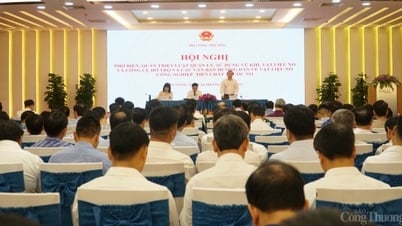
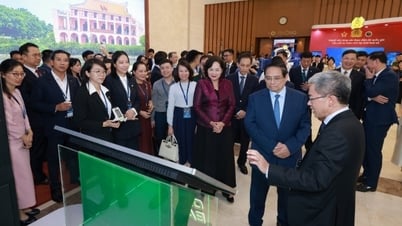


















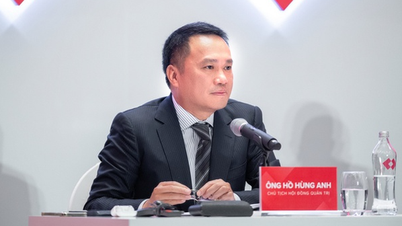







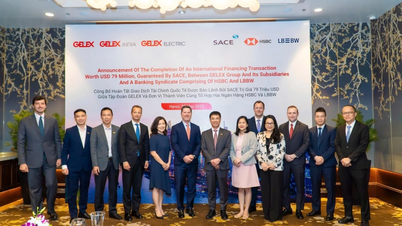
















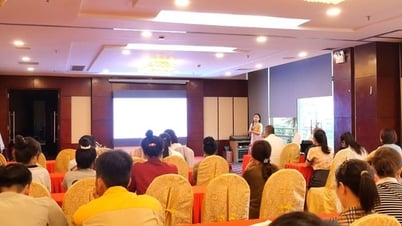
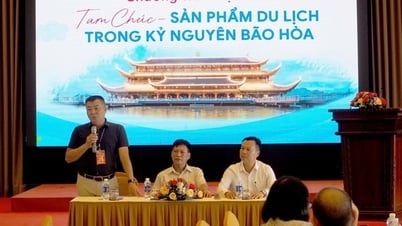



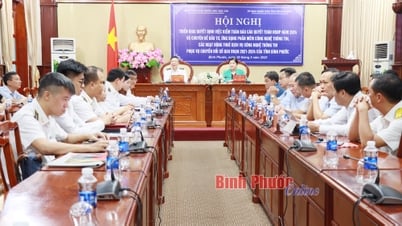


















Comment (0)